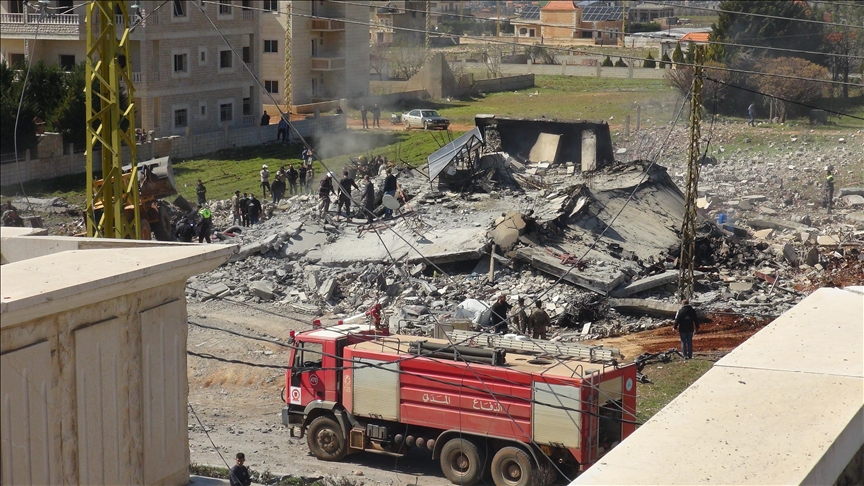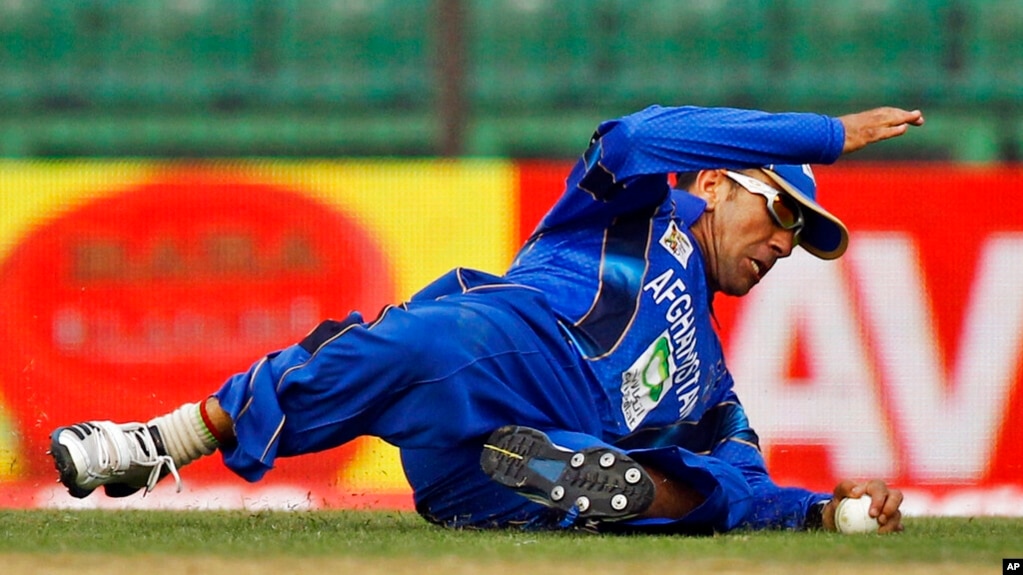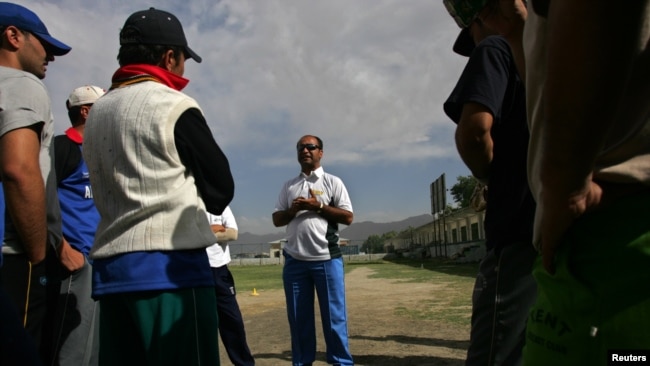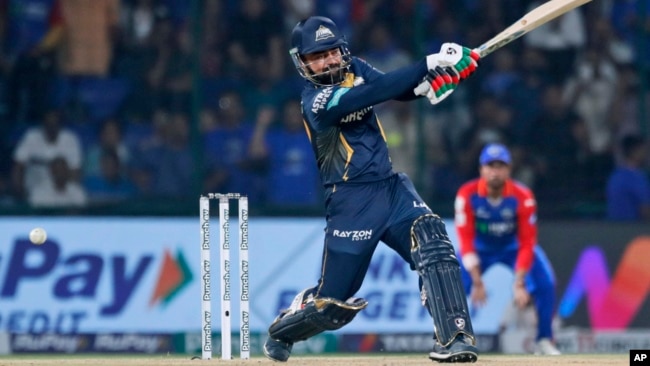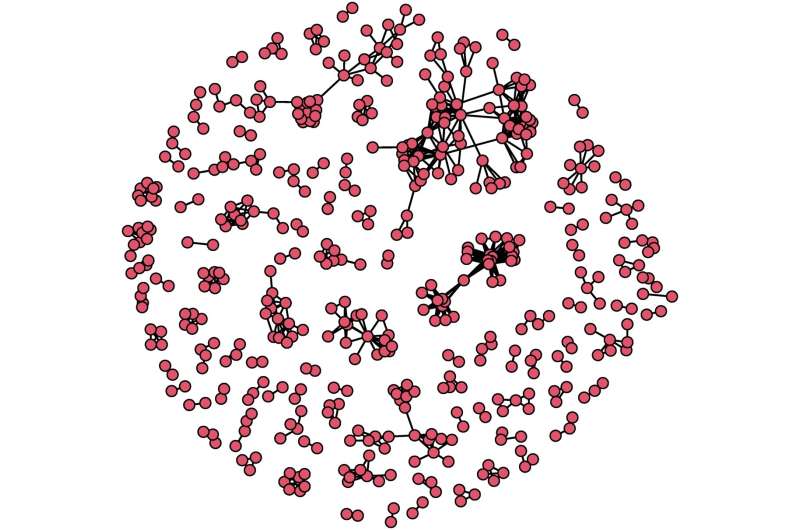The poll showed most Palestinian citizens of Israeli say Gaza should have self governance, while 50 percent of Jewish Israelis say Israel should govern.
01 June, 2024

[Getty]
A new poll from the Pew Research Centre reveals wide discrepancies within the Israeli public over various aspects of Israel's war on Gaza, including views of the war, the US role in the conflict, and what a post-war Gaza should look like.
Most stark is the divergence in opinion between Jewish Israelis and Palestinian citizens of Israel on how Israel's war cabinet should govern Gaza. Polling also shows a divergence between left-wing and right-wing views on aspects of Israel's war on Gaza.
The poll revealed that 50 percent of Jewish Israelis believe that Israel should govern Gaza, while 75 percent of Palestinian citizens of Israel believe Gaza should be under self-governance, with the results being divided between Hamas (nine percent), Gazans deciding for themselves (37 percent), Palestinian Authority governance with Mahmoud Abbas (11 percent) and without Abbas (18 percent).
However, among Israeli Jews only 28 percent of Hiloni Jews believe Israel should govern the territory, whereas 77 percent of Haredi and Dati Jews believe Israel should govern. That divide is replicated in the left, centre and right divide.
According to the poll, 74 percent of Jewish Israelis have a favourable view of Defence Minister Yoav Gallant, 51 percent for Prime Minister Benjamin Netanyahu and 56 percent for Benny Gantz.
The poll sharply contrasts with the views of Palestinian citizens of Israel's opinion, with only nine percent for Gallant, seven percent for Netanyahu and 30 percent for Gantz.
Gantz's party, National Unity, recently filed a motion in the Israeli Knesset to dissolve parliament and call for new elections.
Regarding confidence in Biden, 66 percent of Israeli Jews say they have confidence in Biden to do the right thing in world affairs, compared to 77 percent of Palestinian citizens of Israel who said they don't. However, that confidence has declined among both Jewish and Palestinian citizens of Israel since 2023.
However, the majority of Israelis, including Jewish and Palestinian citizens of Israel and those on the right, centre and left, disapprove of how Biden is handling the war.
The US has staunchly supported Israel's war, supplying arms, intelligence and voting down three UN ceasefire votes.
Israel's Pandora's box of violent extremism
In-depth
Philippe Pernot
Additionally, there is a decline in respondents who believe it is possible to live peacefully alongside an independent Palestinian State. Only 19 percent of Jewish believe such peaceful coexistence is possible, compared with 49 percent of Palestinian citizens.
That divide is also replicated on the political spectrum within Israel, with 60 percent believing in peaceful coexistence on the left, 33 percent in the centre, and 8 percent on the right.
Israel's war on Gaza, which has been ongoing since Hamas' 7 October attack on Israel that killed around 1,200 people and took 251 people captive, has killed 36,284 Palestinians with a further 82,057 injured.


